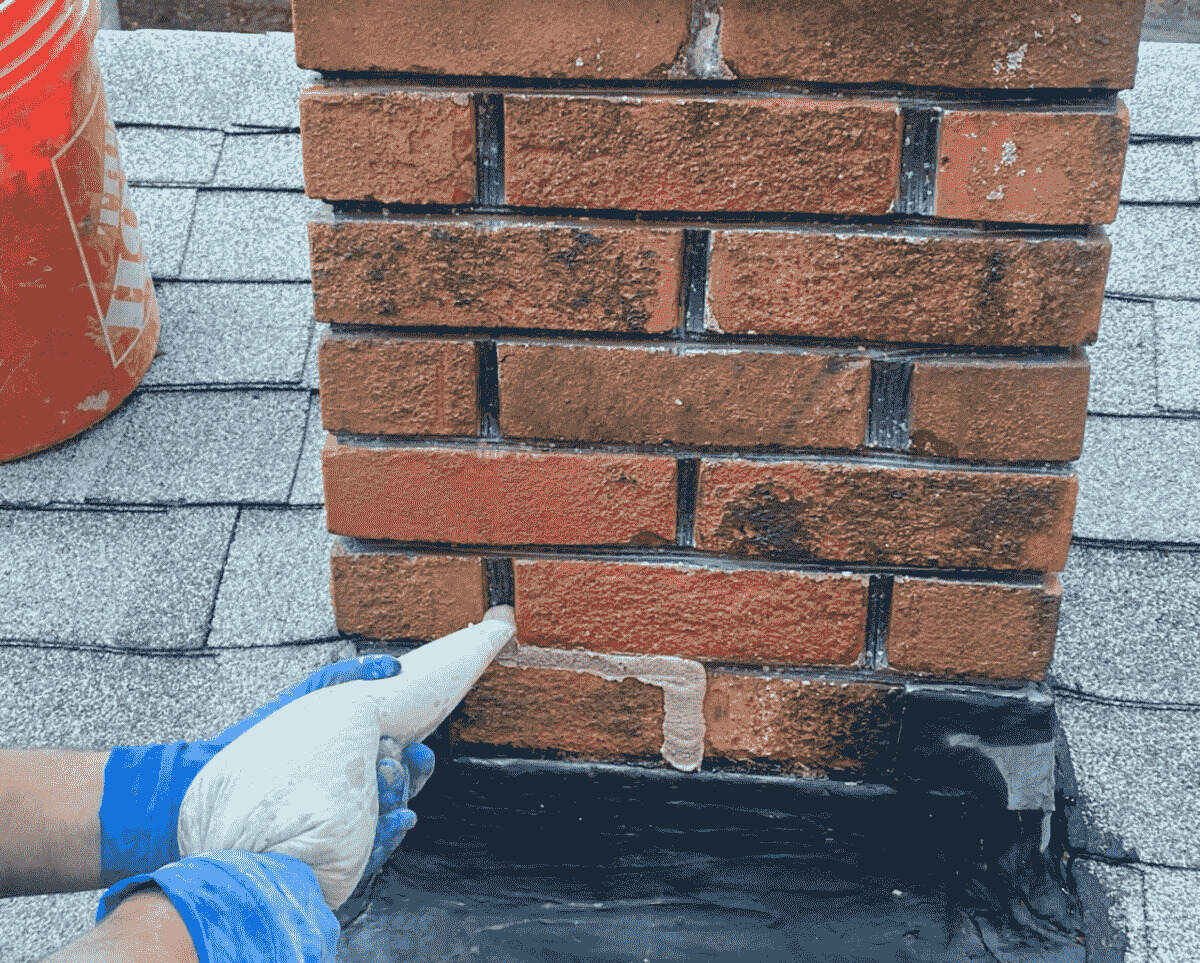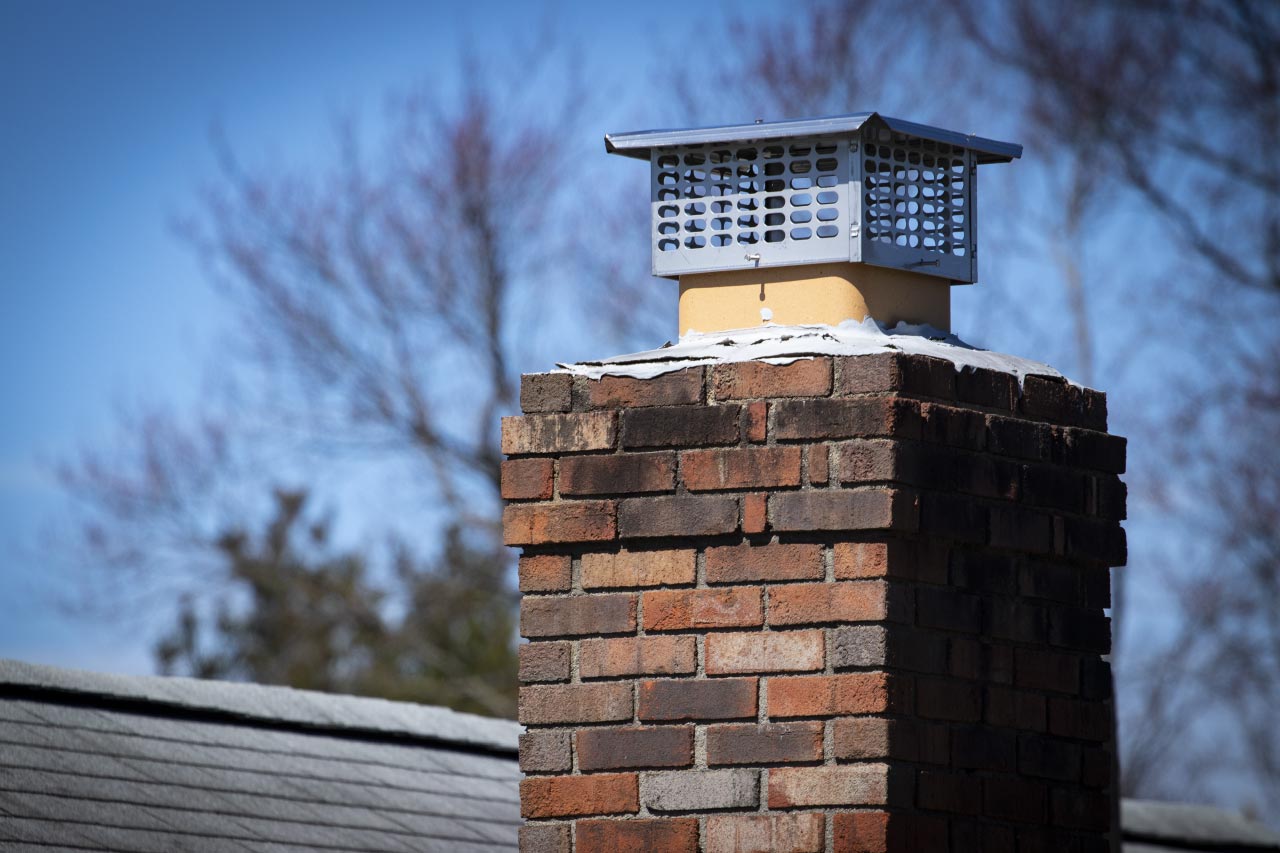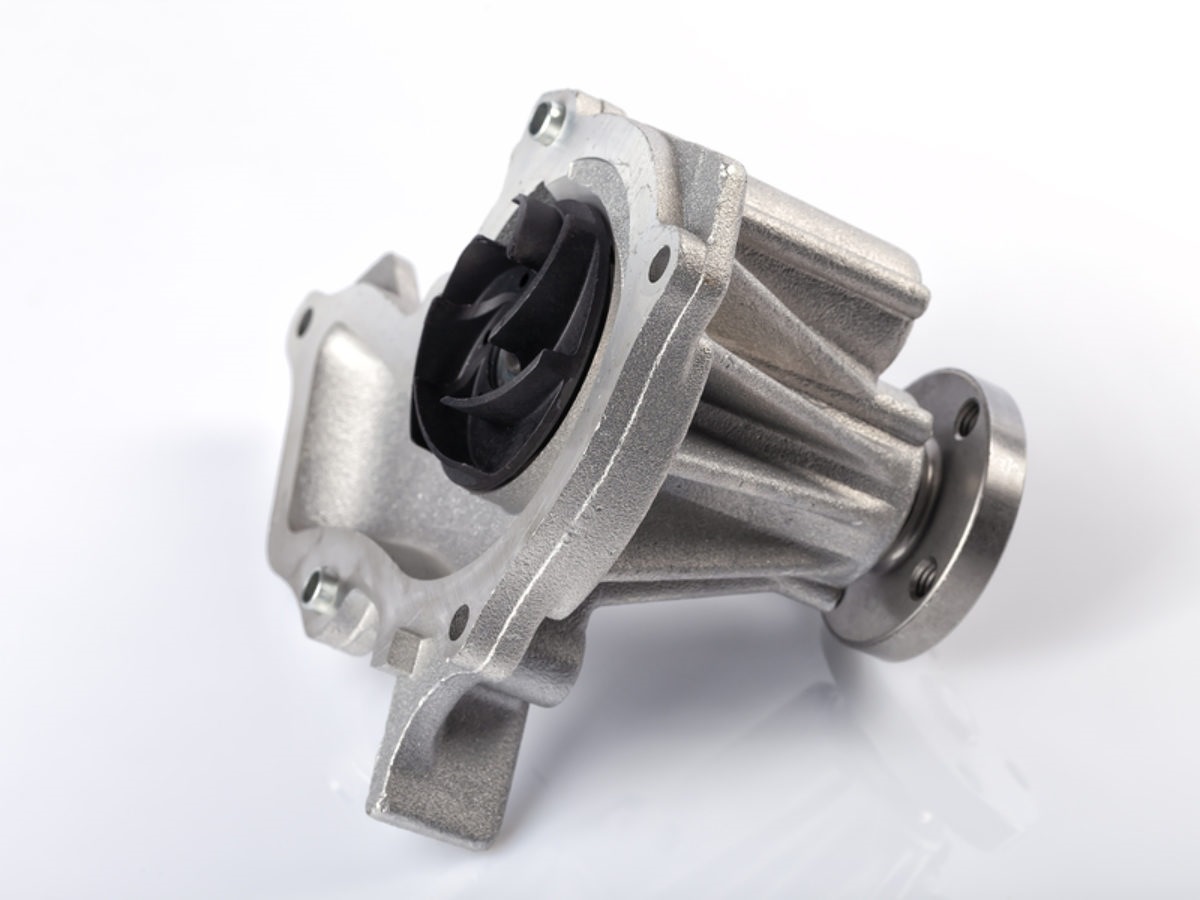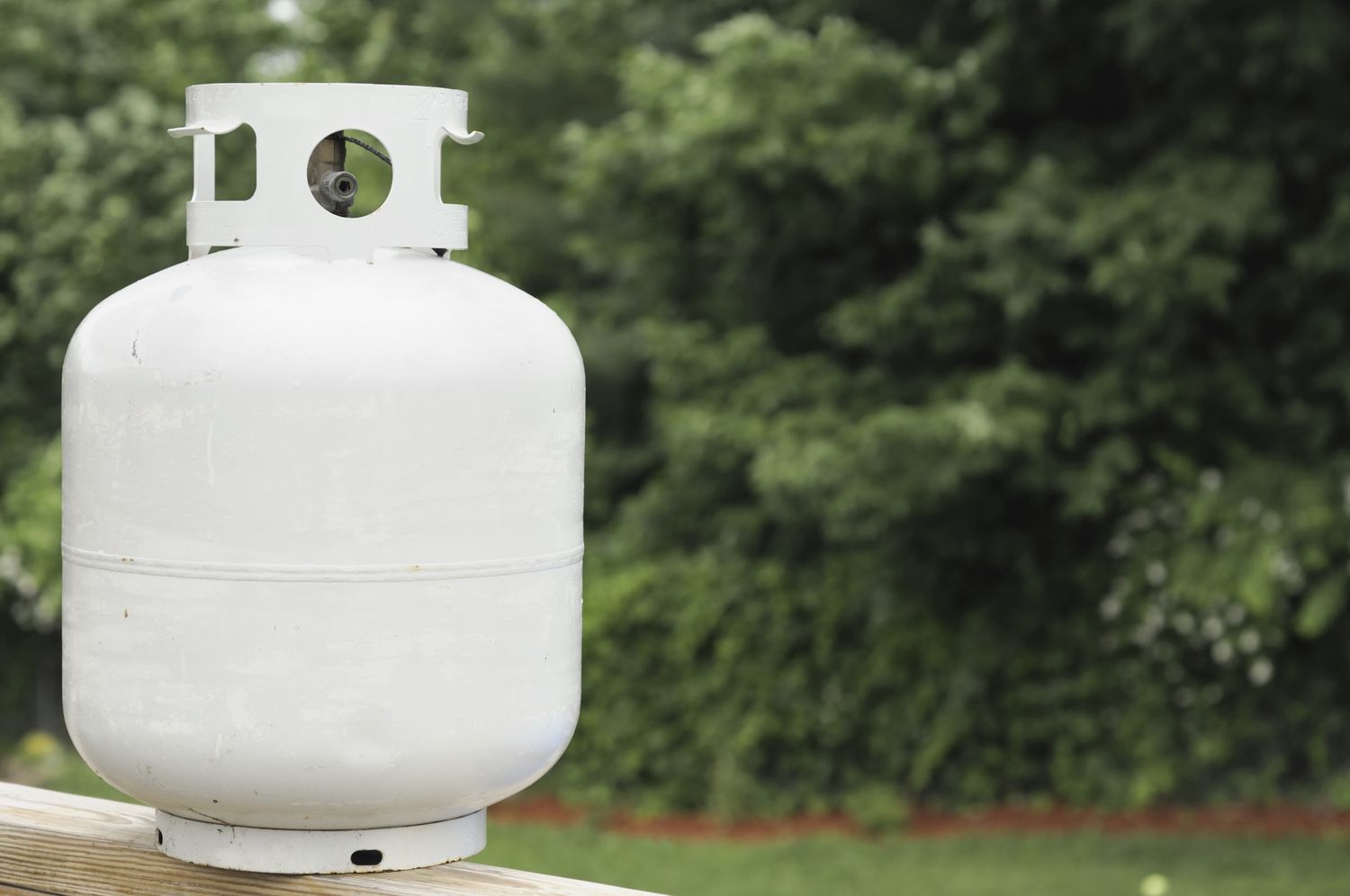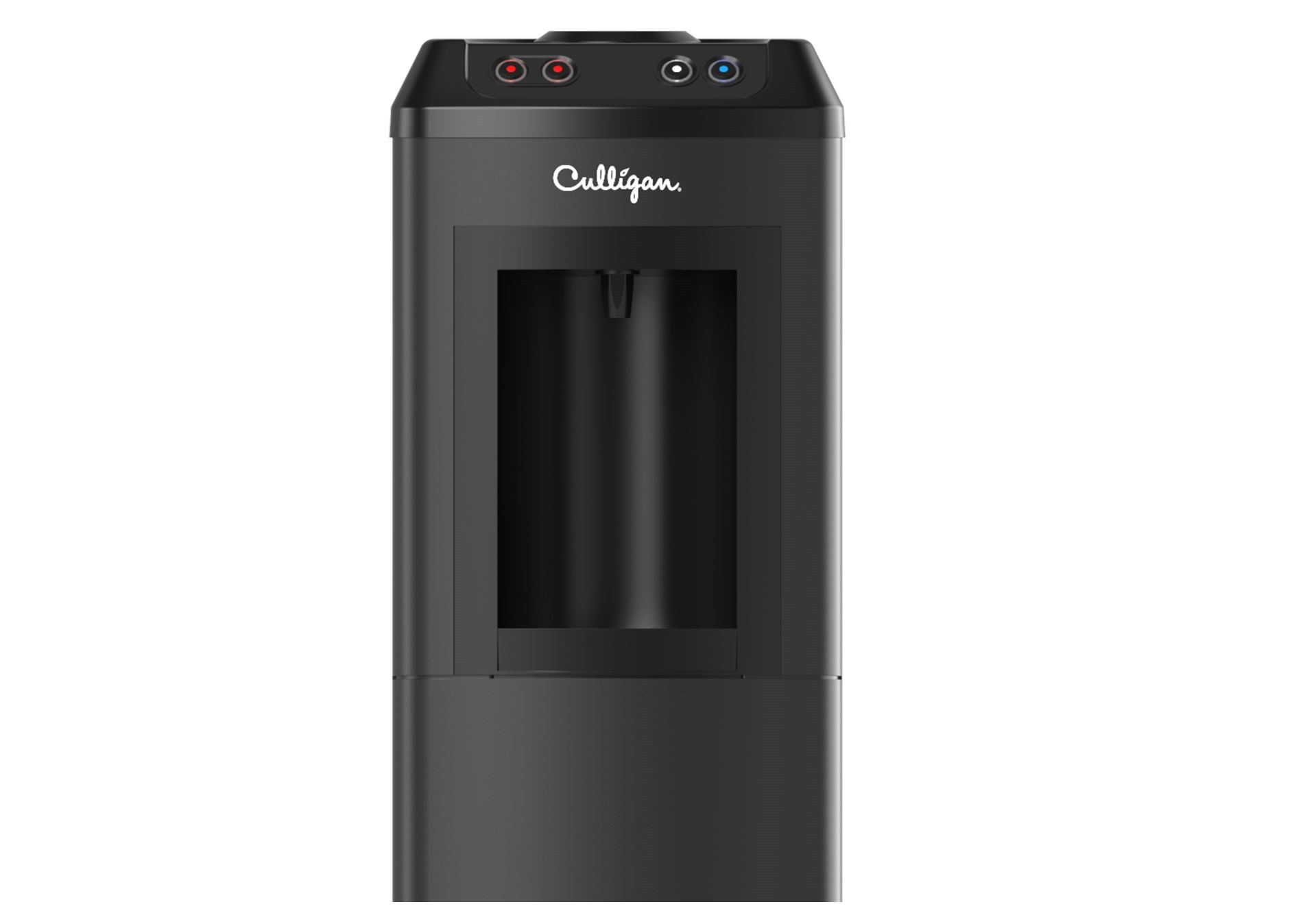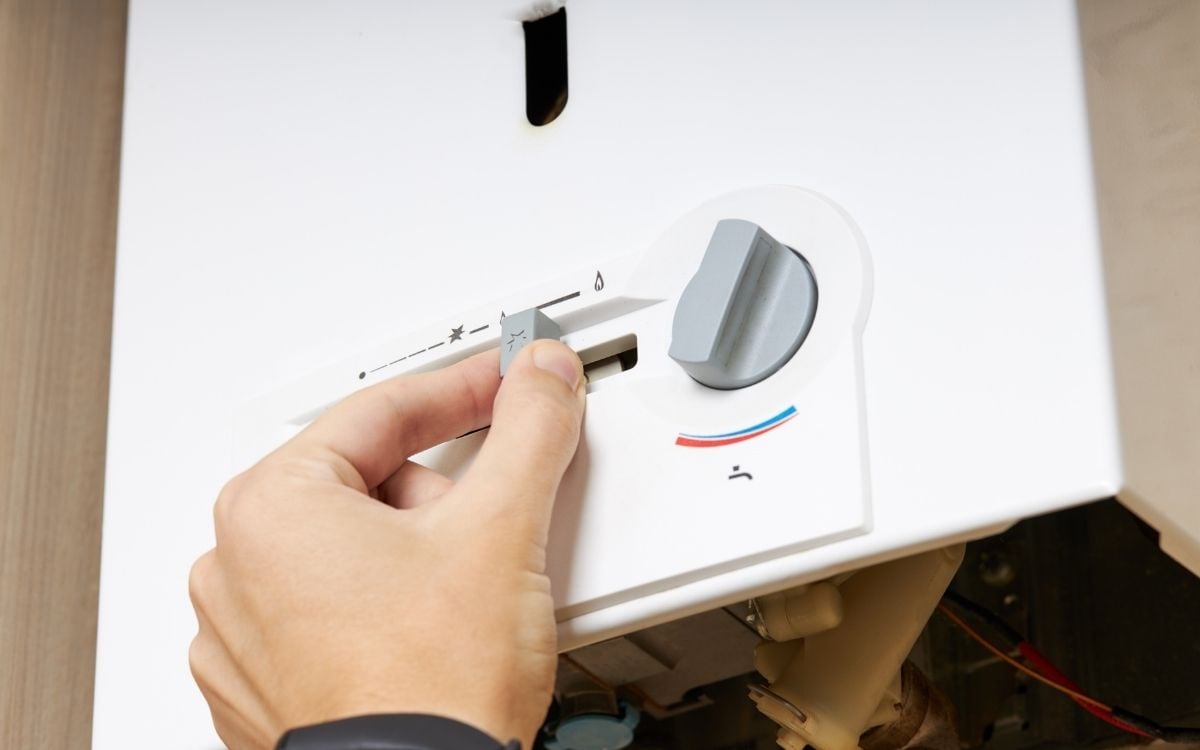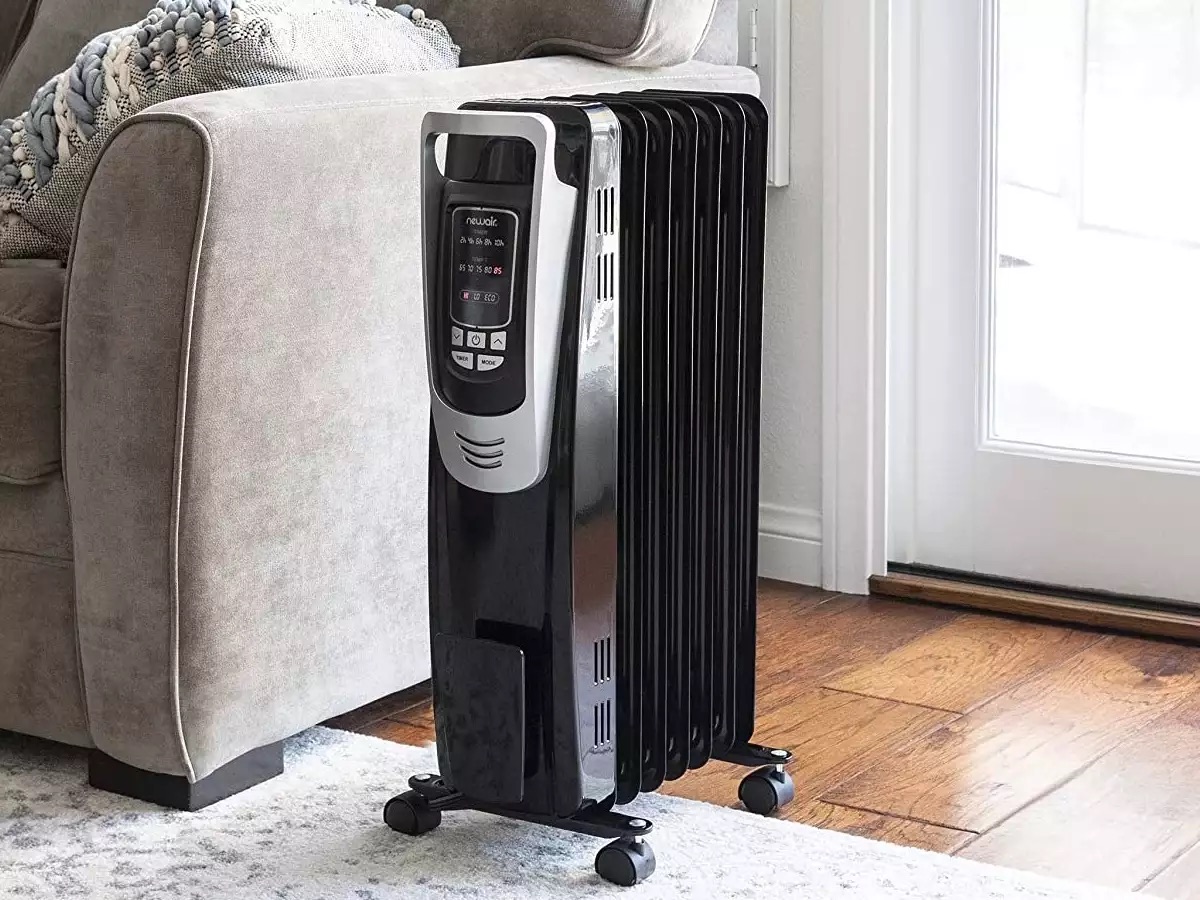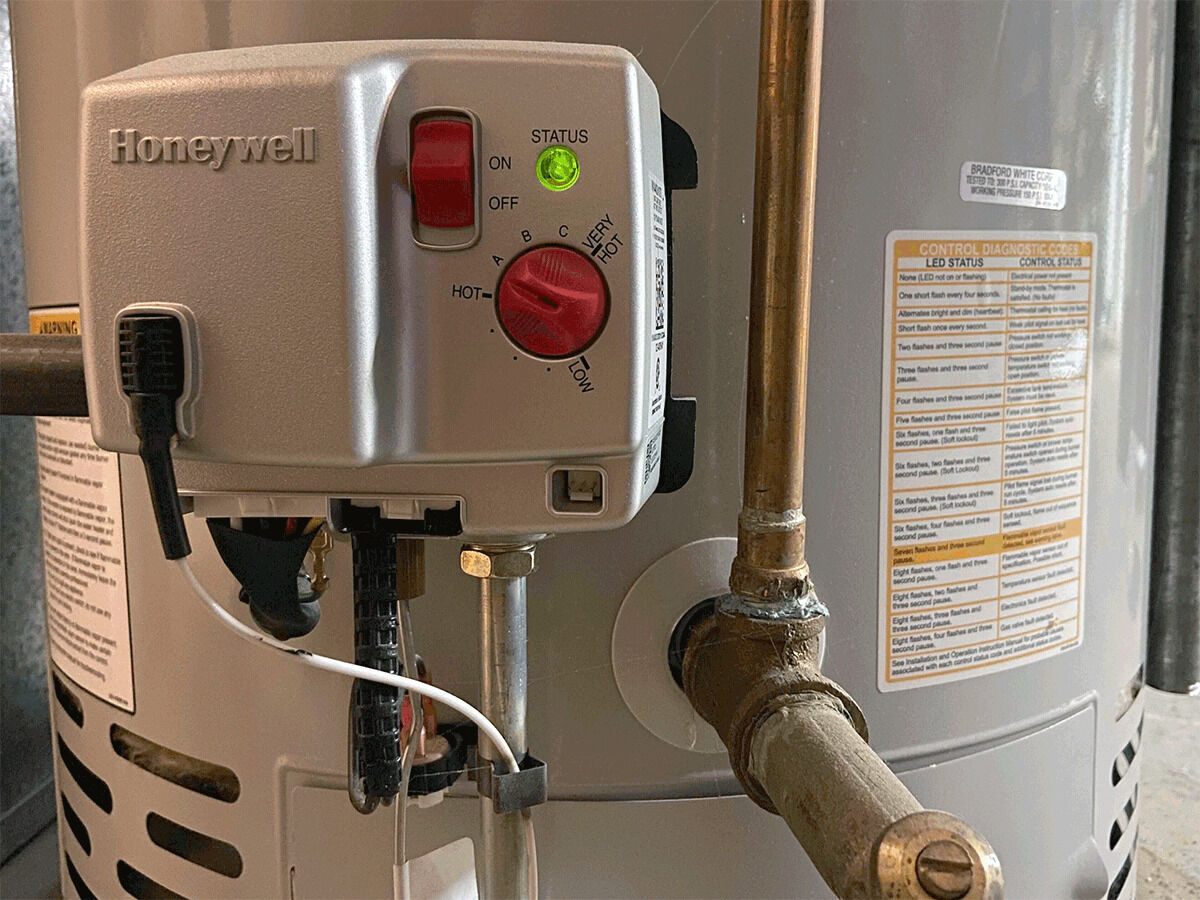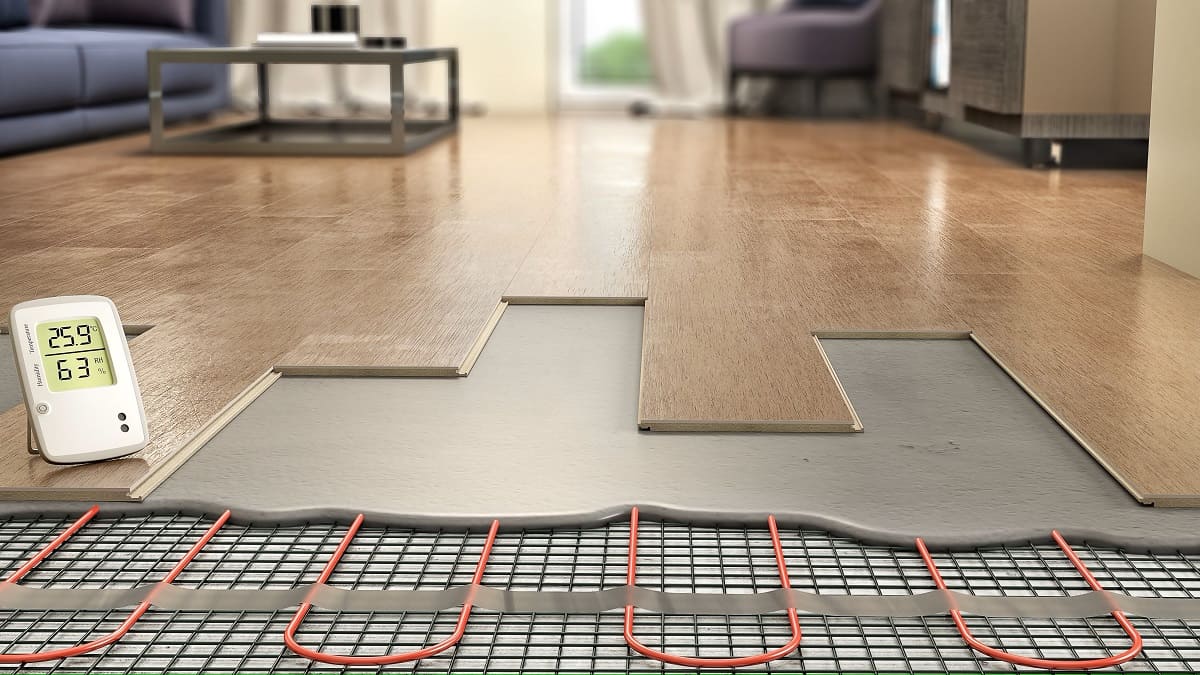Home>Home Maintenance>How Much Does Water Heater Repair Cost
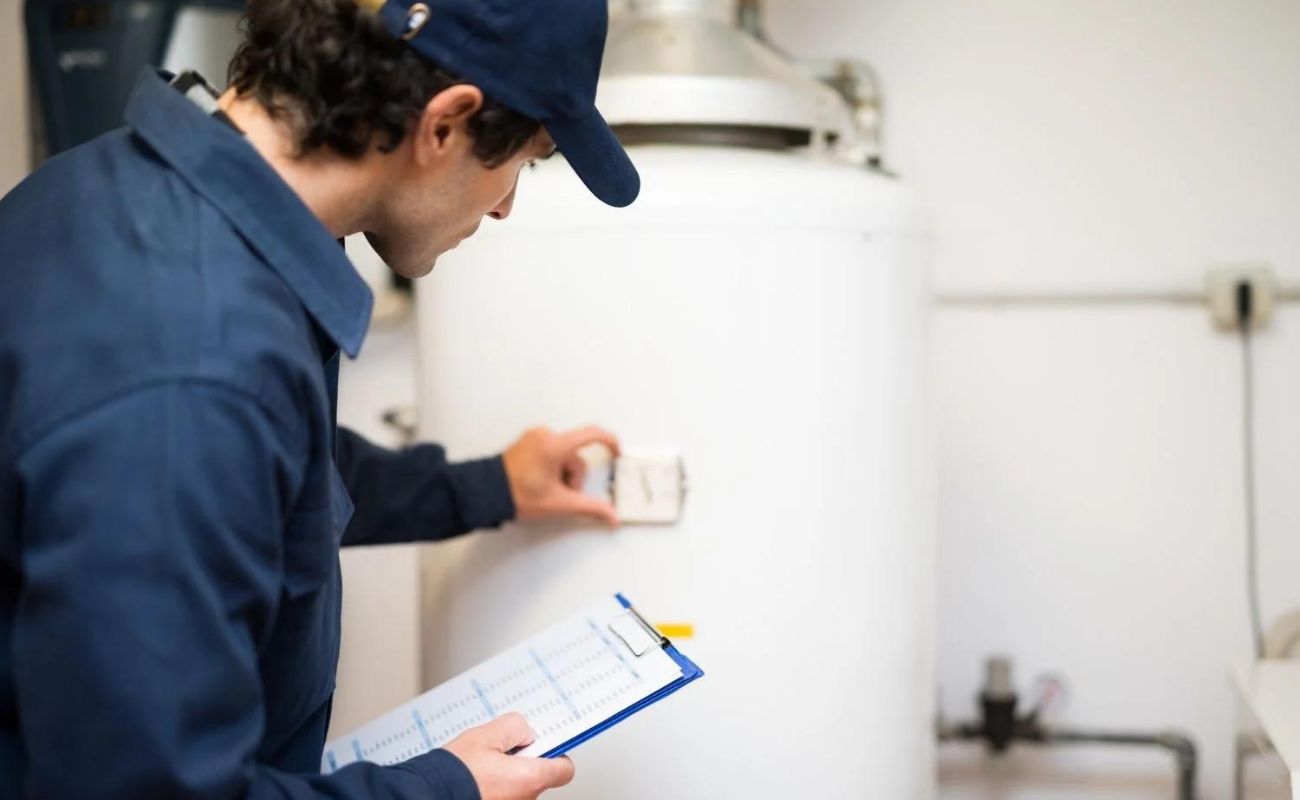

Home Maintenance
How Much Does Water Heater Repair Cost
Modified: March 6, 2024
Need a water heater repair? Find out how much it will cost with our home maintenance services. Get affordable and reliable solutions today!
(Many of the links in this article redirect to a specific reviewed product. Your purchase of these products through affiliate links helps to generate commission for Storables.com, at no extra cost. Learn more)
Introduction
Welcome to our comprehensive guide on water heater repair costs. A well-functioning water heater is an essential component of any home, providing hot water for showers, laundry, and household tasks. However, like any appliance, water heaters are susceptible to wear and tear, and may require repairs from time to time.
In this article, we will explore the common problems that can occur with water heaters, factors that can affect the cost of repairs, and the average costs associated with different types of repairs. We will also discuss additional costs to consider and provide some helpful tips for saving money on water heater repairs. Whether you prefer to tackle the repairs yourself or hire a professional, we’ll cover the pros and cons of each option.
Understanding the potential issues with your water heater and their associated costs can help you make informed decisions and budget accordingly. So, let’s dive into the world of water heaters and explore how much water heater repair costs.
Key Takeaways:
- Water heater repairs can range from $150 to $1,500, depending on the issue and type of water heater. It’s important to address problems promptly and consider DIY options for minor repairs to save money.
- Factors like the type of repair, extent of damage, and age of the water heater can affect repair costs. Regular maintenance and addressing issues early can help minimize expenses and extend the lifespan of your water heater.
Common Water Heater Problems
Water heaters can experience a variety of problems over time. It’s important to be aware of these common issues so that you can recognize when your water heater is in need of repairs. Here are some of the most common problems:
- No hot water: This is perhaps the most common problem homeowners encounter. If you’re not getting any hot water from your taps or shower, it could be due to a malfunctioning heating element, a faulty thermostat, a broken dip tube, or a leaking tank.
- Inadequate hot water: If your water heater is producing hot water, but not enough for your needs, it may be due to an undersized unit or a buildup of sediment in the tank, reducing its capacity.
- Leaks: Leaks can occur from various points in a water heater, including the tank itself, the pressure relief valve, or the inlet and outlet connections. Leaks can lead to water damage and should be addressed promptly.
- Strange noises: Gurgling, popping, or banging sounds coming from your water heater can indicate sediment buildup, a malfunctioning heating element, or a faulty valve.
- Discolored or smelly water: Rusty or foul-smelling water can be a sign of corrosion inside the tank or a bacteria growth problem.
Keep in mind that these are just a few examples of the common problems that can occur with water heaters. It’s always best to consult with a professional plumber to accurately diagnose the issue and determine the appropriate course of action.
Factors Affecting Water Heater Repair Cost
When it comes to water heater repair costs, several factors can influence the overall expense. It’s important to consider these factors to get an accurate estimate and budget accordingly. Here are some key factors that can affect the cost of water heater repairs:
- Type of repair: The nature and complexity of the repair needed will have a significant impact on the cost. Minor issues such as replacing a faulty thermostat or a worn-out heating element may be relatively inexpensive, while major repairs like replacing a leaking tank or a malfunctioning gas valve can be more costly.
- Type of water heater: The type of water heater you have will also affect the repair cost. Traditional tank water heaters, tankless water heaters, and heat pump water heaters may have different components and repair requirements, which can influence the overall expense.
- Extent of damage: The severity of the damage or the extent of the problem will play a role in determining the repair cost. For example, a minor leak may be resolved by simply tightening a loose connection, whereas a major leak may require the replacement of pipes or valves.
- Age of the water heater: Older water heaters may require more extensive repairs, as they are more prone to corrosion and wear and tear. In some cases, it may be more cost-effective to replace an older unit rather than investing in costly repairs.
- Location: The cost of labor and materials can vary depending on your location. Repair costs may be higher in areas with a higher cost of living or where specialized services are required.
It’s important to note that these factors are not exhaustive, and other variables may come into play depending on your specific situation. To get an accurate estimate, it’s best to consult with a professional plumber who can assess the problem and provide a detailed breakdown of the repair costs.
Cost of Common Water Heater Repairs
The cost of water heater repairs can vary depending on the specific issue and the factors we mentioned earlier. Here is a breakdown of the average costs for common water heater repairs:
- Thermostat replacement: If your water heater is not producing hot water or is providing water that is either too hot or not hot enough, the thermostat may need to be replaced. The cost for a thermostat replacement typically ranges from $150 to $300, including parts and labor.
- Heating element replacement: A faulty heating element can result in no hot water or inadequate heat. The cost for replacing a heating element ranges from $200 to $350, depending on the type and size of the water heater.
- Pressure relief valve replacement: If the pressure relief valve is malfunctioning and causing leaks, it should be replaced. The cost for a pressure relief valve replacement generally ranges from $100 to $200.
- Tank repair or replacement: If your water heater tank is leaking or showing signs of corrosion, it may need to be repaired or replaced. The cost for tank repair can range from $200 to $500, while a complete tank replacement can cost anywhere from $800 to $1,500 or more, depending on the size and type of water heater.
- Gas valve replacement: If you have a gas-powered water heater and the gas valve is faulty, it will need to be replaced. The cost for a gas valve replacement typically ranges from $200 to $400.
Please note that these are average estimates and can vary depending on various factors such as location, specific water heater model, and labor costs. Additionally, any additional repairs or required parts can also impact the overall cost of the repair.
It’s always recommended to obtain multiple quotes from reputable plumbers to ensure you are getting a fair price for the repair.
Average Water Heater Repair Costs by Type
The average cost of water heater repairs can vary depending on the type of water heater you have. Here is a breakdown of the average repair costs based on different types of water heaters:
- Traditional Tank Water Heaters: Traditional tank water heaters are the most common type found in households. The cost to repair a traditional tank water heater can range from $150 to $600, depending on the specific issue and the extent of the repairs needed. Common repairs for tank water heaters include thermostat replacement, heating element replacement, and tank repair.
- Tankless Water Heaters: Tankless water heaters have become increasingly popular due to their energy efficiency and space-saving design. Repair costs for tankless water heaters can vary significantly depending on the brand, complexity of the problem, and availability of parts. On average, repairs for tankless water heaters can range from $200 to $800, with more complex issues such as replacing a faulty heat exchanger or control board on the higher end of the cost spectrum.
- Heat Pump Water Heaters: Heat pump water heaters are known for their energy efficiency and ability to absorb heat from the surrounding air to heat the water. Repairs for heat pump water heaters can range from $200 to $1,000, depending on the specific issue. Repairing or replacing components such as the compressor, fan motor, or refrigerant lines can contribute to the higher repair costs of heat pump water heaters.
It’s important to note that these are average repair costs and actual expenses can vary depending on several factors such as the age of the water heater, location, and the extent of the repair needed. It’s also worth mentioning that regular maintenance and addressing issues promptly can help prolong the lifespan of your water heater and potentially reduce repair costs in the long run.
When faced with a repair, it’s always advisable to consult with a professional plumber who specializes in the type of water heater you have. They can accurately diagnose the problem and provide you with an estimate for the repair.
Read more: How Much Does Chimney Inspection Cost
Additional Costs to Consider
When budgeting for water heater repairs, it’s essential to consider any additional costs that may arise during the process. Here are some common additional costs to keep in mind:
- Service or Diagnostic Fee: Some plumbers may charge a service or diagnostic fee to assess the problem and provide a quote for the repair. This fee typically ranges from $50 to $150, depending on the plumber and your location.
- Permit Fees: Depending on local regulations and the extent of the repair, you may need to obtain permits for certain water heater repairs. Permit fees can range from $50 to $250, depending on your location and the specific requirements.
- Replacement Parts: In some cases, the repair may require the replacement of parts such as thermostats, heating elements, valves, or pipes. The cost of these replacement parts can vary widely, ranging from $20 to $200 or more, depending on the specific component and the water heater model.
- Disposal of Old Water Heater: If your water heater needs to be replaced, you may need to consider the cost of disposing of the old unit. This cost can range from $50 to $100, depending on your location and the disposal method required.
- Water Damage Repair: If a leak or other issue with your water heater has caused water damage to your home, you may need to factor in the cost of repairing or replacing damaged flooring, drywall, or other affected areas. This cost can vary significantly based on the extent of the damage and the materials required for the repairs.
It’s important to discuss with your plumber whether any additional costs will be involved in the repair process. They can provide an estimate and help you understand any potential expenses beyond the basic repair itself.
Remember, these additional costs can vary depending on factors such as your location, the specific repair needed, and the plumber or contractor you hire. It’s always a good idea to obtain multiple quotes and do your research to ensure you have a clear understanding of all expenses involved.
The cost of water heater repair can vary depending on the issue and the type of water heater. On average, the cost can range from $150 to $500. It’s important to get multiple quotes and consider the age of the water heater before deciding on a repair or replacement.
Tips for Saving Money on Water Heater Repairs
Water heater repairs can sometimes be costly, but there are ways to save money and minimize expenses. Here are some tips to help you save money on water heater repairs:
- Regular Maintenance: Schedule regular maintenance for your water heater by flushing the tank and inspecting for any potential issues. Regular maintenance can help prevent major problems and extend the lifespan of your water heater.
- Address Issues Promptly: If you notice any signs of trouble with your water heater, such as leaks, strange noises, or inadequate hot water, address the issue promptly. Ignoring minor issues can lead to more significant problems and potentially higher repair costs in the long run.
- DIY Repairs: If you have some handyman skills, you may be able to handle minor repairs yourself. Check online resources and tutorials for step-by-step instructions on how to resolve common water heater problems. However, be cautious not to attempt any repairs that are beyond your skill level, as you may end up causing more damage and incurring higher repair costs.
- Shop Around for Quotes: Before hiring a plumber or contractor, get multiple quotes from different service providers. Compare the prices, reputation, and expertise of each professional to ensure you are getting a fair price for the repairs.
- Consider Warranty Coverage: If your water heater is still under warranty, check if the repairs needed are covered. Contact the manufacturer or review your warranty documentation to understand what repairs are eligible for coverage. This can help save you money on parts or labor costs.
- Energy Efficiency Upgrades: If your water heater is old and inefficient, it may be worth considering an upgrade to a more energy-efficient model. While this may involve an upfront cost, it can save you money in the long run by reducing energy consumption and potentially lowering the frequency of repairs.
- Preventative Measures: Take proactive steps to prevent damage to your water heater, such as installing a pressure-reducing valve to regulate water pressure, using water softeners to minimize scale buildup, and insulating hot water pipes for energy efficiency. These preventive measures can help extend the lifespan of your water heater and reduce the likelihood of repairs.
By following these tips and staying proactive about water heater maintenance and repair, you can save money and keep your water heater functioning efficiently.
Remember, while it’s tempting to cut costs, it’s crucial to prioritize the safety and reliability of your water heater. Consulting with a professional plumber or contractor is always recommended for accurate diagnosis and appropriate repairs.
DIY vs. Professional Water Heater Repairs
When it comes to water heater repairs, homeowners often face the decision between tackling the repairs themselves or hiring a professional plumber. Both options have their pros and cons, and it’s important to consider factors such as your skill level, time availability, and the complexity of the repair. Here’s a breakdown of the DIY and professional options:
DIY Repairs
Advantages:
- Cost Savings: DIY repairs can save you money on labor costs, especially for minor repairs that you can handle on your own.
- Flexibility: You can work on the repairs at your own pace and schedule, without having to wait for a professional to become available.
- Learning Opportunity: DIY repairs provide a chance to learn new skills and gain a better understanding of how your water heater works.
Disadvantages:
- Safety Risks: Working with gas, electricity, or pressurized water systems can pose safety risks if not handled properly. It’s important to assess your skill level and knowledge before attempting any repairs.
- Potential Damage: Inexperienced DIY repairs can result in further damage to your water heater or its components, potentially leading to more expensive repairs or the need for a complete replacement.
- No Warranty Coverage: If your water heater is still under warranty, attempting DIY repairs may void the warranty coverage, leaving you responsible for all repair costs.
Read more: How Much Does It Cost To Replace A Chimney
Professional Repairs
Advantages:
- Expertise and Experience: Professional plumbers have the knowledge, tools, and experience to accurately diagnose and repair issues with your water heater, ensuring a high-quality and lasting solution.
- Time and Convenience: Hiring a professional saves you time and effort by entrusting the repairs to a trained expert, allowing you to focus on other tasks or enjoy your free time.
- Safety and Compliance: Professional plumbers are familiar with safety protocols and local regulations, ensuring that the repairs are done safely and in compliance with building codes.
Disadvantages:
- Cost: Professional repairs come with labor costs that can be higher than DIY repairs. However, it’s important to weigh the cost against the expertise and potential savings in preventing further damage.
- Availability: Depending on your location and the demand for plumbing services, you may need to wait for an available appointment to have your water heater repaired.
Ultimately, the decision between DIY and professional water heater repairs depends on your comfort level, experience, and the complexity of the repair needed. For minor issues or simple maintenance tasks, DIY repairs can be a cost-saving option. However, for more complex problems, safety concerns, or if your water heater is still under warranty, it’s recommended to hire a professional plumber to ensure a safe and proper repair.
Whichever option you choose, it’s always wise to consult with a professional plumber for advice or to assess the problem if you are unsure about the repairs.
Conclusion
Water heater repairs are a necessary part of homeownership, ensuring that you have a reliable and efficient source of hot water in your home. Understanding the common problems, factors affecting repair costs, and available options can help you navigate the process and make informed decisions.
In this comprehensive guide, we’ve explored the common water heater problems, factors that can affect repair costs, and the average costs associated with different types of repairs. We’ve also discussed additional costs to consider and provided tips for saving money on water heater repairs.
When faced with water heater issues, it’s important to assess the severity of the problem and consider your own skills and capabilities. While simple repairs can be tackled through DIY efforts, it’s crucial to prioritize safety and be aware of your limitations. For complex or potentially dangerous repairs, it’s best to leave the job to professional plumbers who have the expertise and experience to handle the repairs properly.
Remember, regular maintenance, prompt attention to issues, and taking preventative measures can help prolong the lifespan of your water heater and minimize the need for costly repairs. Additionally, consider whether it may be more cost-effective to invest in a new, energy-efficient water heater if your current unit is old or showing signs of frequent breakdowns.
Ultimately, by staying proactive, understanding the potential costs involved, and making informed decisions, you can maintain a reliable and efficiently running water heater while keeping your repair expenses under control.
If you’re unsure about the best course of action for your specific situation, don’t hesitate to consult with a professional plumber who can provide expert advice and guidance tailored to your needs.
Frequently Asked Questions about How Much Does Water Heater Repair Cost
Was this page helpful?
At Storables.com, we guarantee accurate and reliable information. Our content, validated by Expert Board Contributors, is crafted following stringent Editorial Policies. We're committed to providing you with well-researched, expert-backed insights for all your informational needs.

